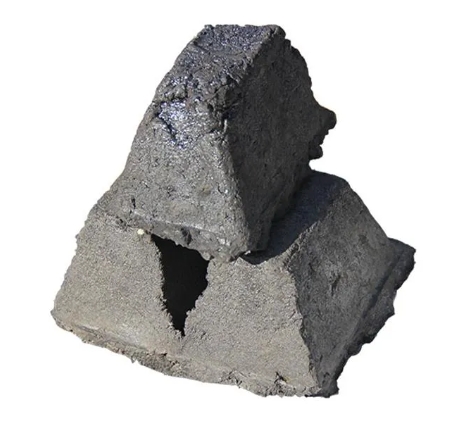
Electrode Paste for Alloy Production, also known as Alloy Paste, is an important component in the high-temperature industrial process that produces aluminum, iron, and steel. The paste is a vital component of electric arc furnace reduction processes, which enable metal production through the reduction of oxides in raw materials. It is the growing aluminum and iron industries that drive this market, along with technological improvements to enhance its performance. Demand for electrode paste is also driven by stringent regulations on manufacturing, the revival of certain industries, and the need to reduce dependence on metals and minerals.
In addition, the manufacturers explore new compositions for unique industrial solutions and as an alternative to petroleum-derived electro pastes. The alternative materials are made from renewable sources such as cellulose, biochar and lignin. The products have conductivity similar to conventional pastes and can be used for many different applications.
Segmenting the global market for electrode paste is possible based on application, type and manufacturing method. It is used as the main component of the ferroalloy process. It is used to reduce oxides in ferroalloy production and maintain the product's quality. It is also used in producing calcium carbide which is crucial in the manufacturing of industrial chemicals such as silicon metal.

Markets for electrode paste are expanding worldwide, as the metalurgical industry adopts more advanced technologies. The demand for eco-friendly and improved electrode paste is increasing due to this trend, and it is also helping boost productivity and efficiency in the production process. It is also enabling companies to improve their sustainability credentials and attract new customers.
An increase in global infrastructure investment and policies by governments that encourage manufacturing are fueling demand for high quality electrode paste. A robust industrial development and high metal demand in Asia Pacific has led to the region's leading position on the global market for electrode paste.
A number of factors, including global political tensions or rising trade disputes, are negatively impacting on the supply and quality of raw materials for the manufacture of electrode paste. This can affect the production costs and lead to schedule delays. Due to an increased demand for eco friendly and sustainable alternative pastes, the bio-based pastes were developed. The pastes contain renewable raw materials, such as lignins and celluloses as binding agents. The products used in bio-based pastes are less harmful to the environment than those made from petroleum. They also have a conductivity level comparable to that of conventional electrode pastes. This trend should continue well into the future. As a result, the demand for this alternative type of electrode paste is expected to grow rapidly in the coming years.

Write a Message